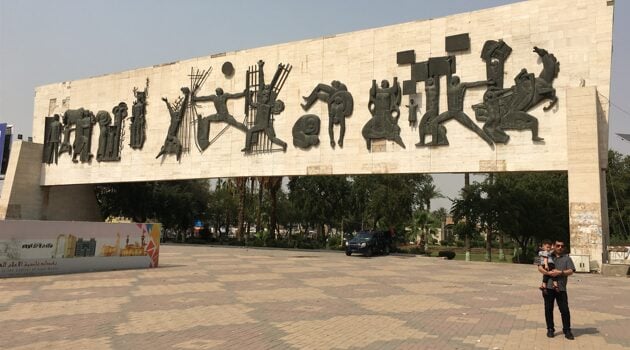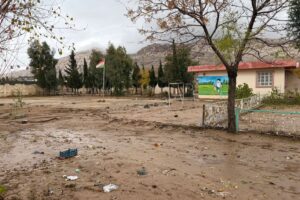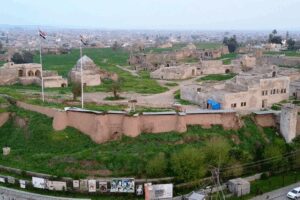
By Dr. Layth Mahdi. The opinions expressed are those of the author, and do not necessarily reflect the views of Iraq Business News.
Iraq’s Verdict on America, Britain, and Iran After 2003
Two decades after the U.S.-led invasion, Iraqis remain sceptical of the promises made in 2003. Operation Iraqi Freedom toppled Saddam Hussein but left behind a fractured system that has enriched elites while failing ordinary citizens.
Pre-2003 vs. Post-2003 Iraq: A Comparison
Before 2003, Iraq had a relatively stable but perhaps corrupt system that served ordinary citizens in ways the post-invasion promises of “freedom” never materialized. At that time, Iraq’s agricultural sector contributed 12% to the GDP, while industry contributed 14%. Illiteracy was virtually non-existent. However, by 2025, these figures had dramatically declined: agriculture’s contribution to GDP fell to 1.3%, industry to just 2%, while illiteracy increased, affecting 25% of the population.
Democracy or Dysfunction?
The post-2003 parliamentary system splintered into nearly 300 political parties. Instead of building a functioning democracy, these groups divided ministries and state institutions like spoils of war. Paralysis, corruption and embezzlement became the hallmarks of governance.
The shortcomings of Iraq’s ruling class are often glaring. Some leaders cannot distinguish between a million, a billion, and a trillion. Others struggle to read policy documents. For many Iraqis, this captures the decay of a system that promised democracy but delivered dysfunction.
Iran’s Expanding Influence
The U.S. and Britain’s invasion of Iraq created a power vacuum that Iran quickly moved to fill. Tehran extended its influence into Iraq’s politics, security, and economy, often with tacit approval from Washington.
Today, Iran-backed militias operate outside Baghdad’s control, undermining the authority of the state. Iran’s reach extends into Iraq’s parliament, judiciary, and key ministries. Many Iraqis believe that Tehran has deliberately weakened the country’s agricultural and industrial sectors to ensure that Iraq remains dependent on Iran for economic survival.
The People Left Behind
While politicians and militias have prospered, ordinary Iraqis continue to endure worsening conditions and poverty. Successive governments have failed to provide basic services such as electricity, clean water, healthcare, education, and jobs.
Southern Iraq suffers most. Poverty exceeds 50 percent, with Muthanna Governorate approaching 60 percent. Unemployment is widespread, corruption entrenched, and illiteracy affects an estimated 10 million Iraqis, about one in four citizens.
The scale of corruption is staggering. According to a report from Iraq’s Central Bank in collaboration with the World Bank, $1.46 trillion in public funds has been stolen since 2003. Only 2% of that amount recovered. More than $600 billion has been smuggled abroad, much of it funnelled to Iran through proxies.
A Fragile State
Iraq today is trapped in a cycle of instability. The government is widely seen as illegitimate and incapable of governing effectively. The Prime Minister relies on over 100 advisors, many of whom are relatives, friends, or loyalists with little expertise.
The bloated public sector, with 10 million employees, relies almost entirely on oil revenues. A sharp drop in oil prices could trigger a national crisis, fuel mass protests, and even collapse the government.
Meanwhile, Iraq’s population grows by about a million every year, further straining the weak infrastructure, collapsing services, and a stagnant economy.
Searching for a Future
Some Iraqis argue that fundamental change is needed. Proposals include moving from a parliamentary to a presidential system, creating an independent legislature, and reforming the public sector with investment in vocational training and economic development.
But such reforms require stability, something Iraq has struggled to achieve since 2003.
When U.S. Ambassador Paul Bremer promised Iraqis a future of democracy, stability, and prosperity, it captured the hopes of a nation. Yet, twenty years later, many Iraqis feel that these promises have not been delivered.





